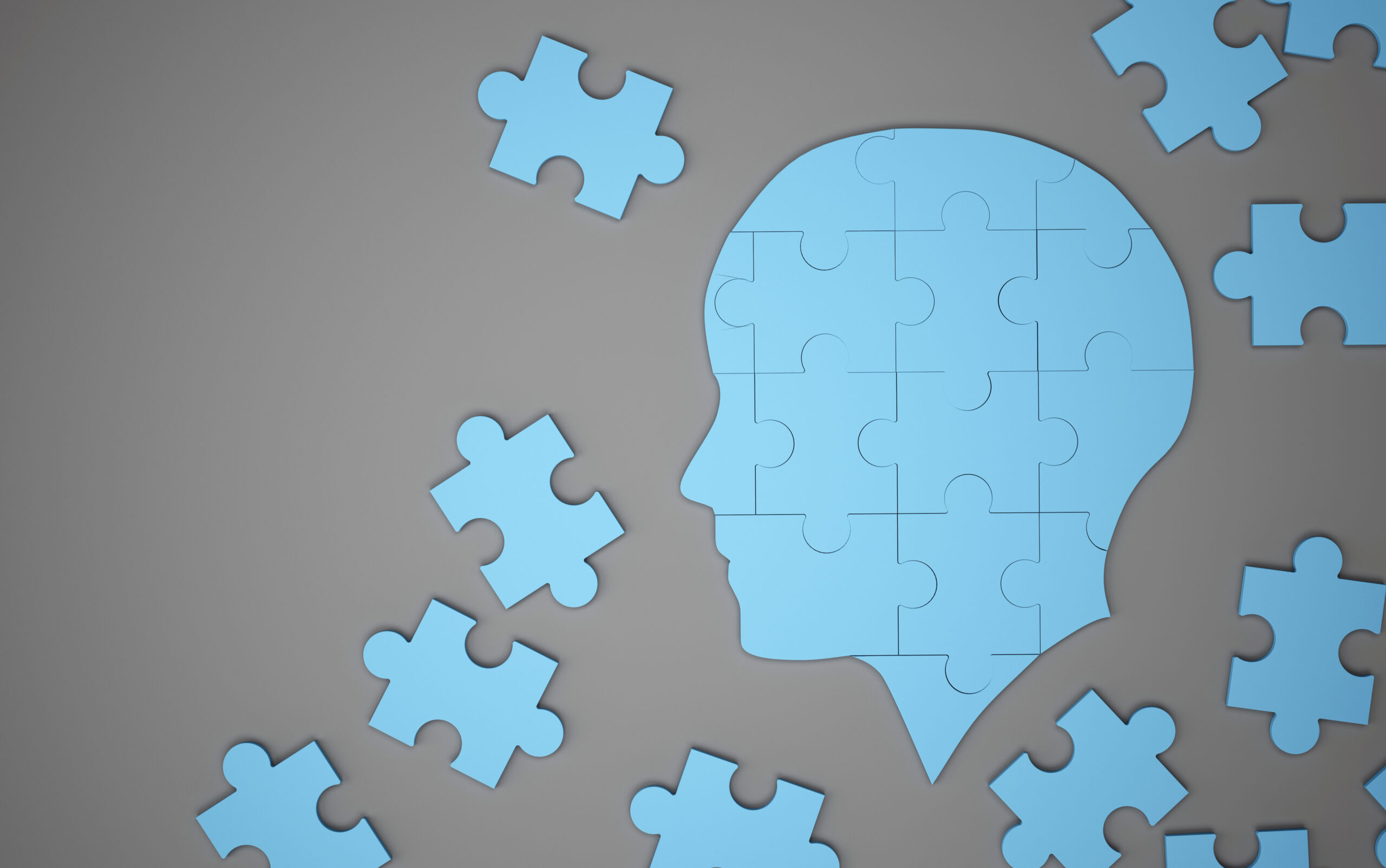What No One Tells You About Losing Your Memory
Losing your memory is a topic that often sparks fear and confusion. Many people believe that memory loss is an inevitable part of aging, but this isn’t entirely true. While it’s common for older adults to experience some degree of forgetfulness, significant memory loss is not a normal part of the aging process. It’s crucial to understand the difference between mild memory decline and more serious cognitive issues.
Mild memory decline can indeed be a normal part of aging. For example, you might find yourself occasionally forgetting where you placed your keys or struggling to recall a word that’s on the tip of your tongue. However, if you’re consistently forgetting important details, repeating questions, or having trouble completing daily tasks, it’s a sign that something more serious might be going on.
Significant memory loss can be a symptom of underlying health issues, such as vitamin deficiencies, medication side effects, or even early signs of dementia. It’s important to address these symptoms early by consulting a healthcare professional. They can help determine the cause and provide appropriate treatment.
Another misconception is that there’s little you can do to prevent cognitive decline. The truth is that your brain is incredibly resilient and capable of growth and repair, even in midlife and beyond. Lifestyle choices, such as maintaining a healthy diet, staying physically active, and engaging in mentally stimulating activities, can significantly impact your brain health. Additionally, having a strong sense of connection, purpose, and meaning in life can also play a crucial role in protecting your mind.
It’s also worth noting that Alzheimer’s disease, which is often associated with memory loss, is not just about forgetting things. It affects judgment, language, visual perception, and focus, and can lead to mood swings, anxiety, and changes in social behavior. Understanding these broader effects can help reduce stigma and encourage people to seek help when needed.
Ultimately, losing your memory doesn’t have to be a mysterious or inevitable process. By being aware of the differences between normal aging and more serious cognitive issues, and by taking proactive steps to protect your brain health, you can better navigate any challenges that come your way.





